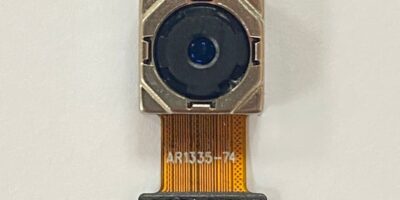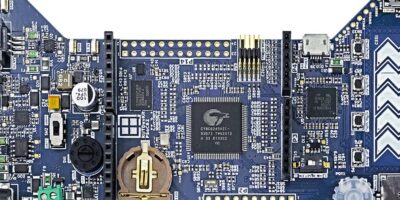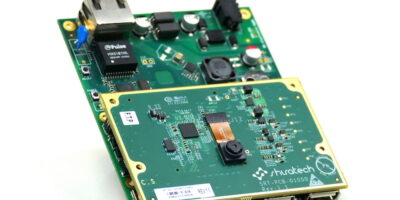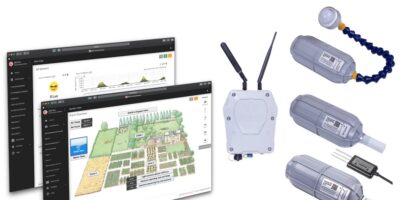Partnering with Seeed Studio and Machinechat, Digi-Key Electronics has announced it is the exclusive source for the Seed Studio-Machinechat LoRaWAN-in-a-Box, believed to be the first private LoRaWAN kit.
The partnership combines Seeed Studio’s industrial-grade long range wide area network (LoRaWAN) IoT sensors and gateways with Machinechat’s JEDI Pro Seeed Studio Edition software. Available for immediate use for IoT development, the kit is believed to be the first private LoRaWAN-in-a-box.
“Digi-Key is proud to be the exclusive global source for these turnkey, industry-first LoRaWAN solutions,” said Robbie Paul, director of IoT business solutions at Digi-Key. “Wireless connectivity technologies like LoRaWAN are leading the way for mass adoption of IoT, and we are excited to inspire developers and systems integrators around the world with many new possibilities available to them with these solutions.”
It is designed to support developers with rapid IoT deployments and enhanced security features offering control over device data, to save development time and ultimately reduce technical complexity and costs, says Digi-Key. The first LoRaWAN-in-a-Box solution is focused on rapid deployment of smart agriculture and precision farming projects.
Eric Pan, CEO of Seeed Studio, observed: “By bundling our award-winning SenseCAP LoRaWAN hardware solutions with Machinechat’s innovative and easy-to-use software, Digi-Key customers worldwide will be able to build and deploy robust, private LoRa IoT deployments in days versus weeks.”
“Machinechat is thrilled to be part of this partnership with Digi-Key Electronics . . . and Seeed Studio,” said Sanjeev Datla, CEO of Machinechat. “Our combined private LoRaWAN-in-a-Box solutions enable systems integrators and enterprise IT teams to rapidly transform their ideas into transformational IoT digital projects.”
Seeed Studio SenseCAP’s industrial-grade LoRaWAN sensors, data logger, and gateway solutions are designed for rapid installation and deployment in commercial IoT applications, including smart agriculture, precision farming, and smart cities. Products support LoRaWAN protocol Class A, wide-distance transmission of up to 10km line of sight. There is also support for multiple ISM bands: EU868, US915, AU915, AS923 and for Ethernet backhaul with cellular optional. Other features are industrial grade protection with an IP66 enclosure, suitable for outdoor applications. It is also able to operate in temperatures from -40 to +70 degrees C, and up to 85 degrees C for SenseCAP sensors.
Machinechat’s JEDI Pro Seeed Studio Edition is an affordable IoT data monitoring and visualisation software. Designed specifically for commercial IoT deployments, Machinechat JEDI Pro Seeed Studio Edition is able to ingest data from Seeed Studio’s SenseCAP LoRa sensors using the integrated Seeed Studio data collector (Chirpstack installation required). It also ingests data from virtually any device or sensor using integrated HTTP API server, TCP server and MQTT broker.
Users can configure dashboards to visualise real time and historical data with line, area, tile, radial and data grid charts.
It is also possible to monitor data using integrated rules engine to trigger email notifications, SMS or execute external scripts (email notification requires an SMTP server and SMS requires a Twilio account).
The virtual data sensor allows developers and integrators to simulate project deployment scenarios. A single application binary runs as a service with integrated database and managed local data storage.
There is support for up to 200 devices or sensors. Windows, macOS, Linux, Raspberry Pi and BeagleBone are all supported.
Digi-Key Electronics is headquartered in Thief River Falls, Minnesota, USA, distributing electronic components and automation products worldwide.
Beyond the products that drive technology innovation, Digi-Key also supports design engineers and procurement professionals with a wealth of digital solutions and tools to make their jobs more efficient.
http://www.digikey.com







